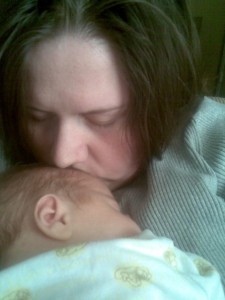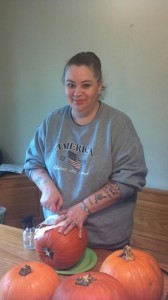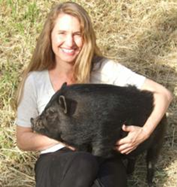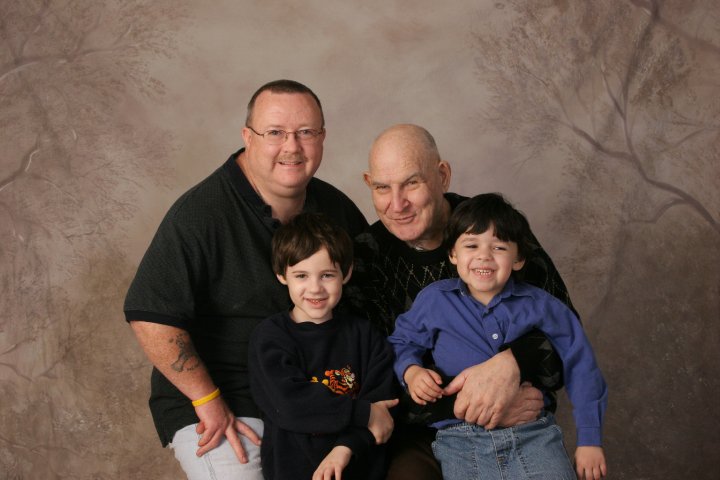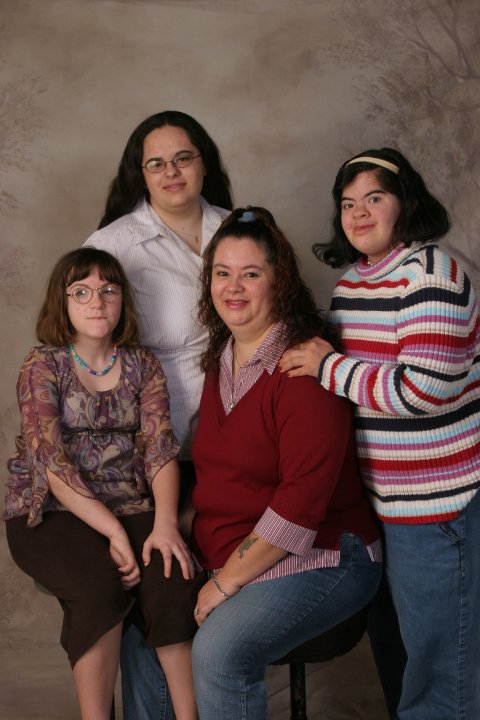As a parent, I spend a lot of time trying to get inside my kids’ heads. I try to see things from their point of view in order to understand their motivations, and hopefully parent them in a positive manner. As they grow older, though, it becomes more complicated. Kids develop more of a sense of individuality and they strive to find their way in this world. Our children become teens who feel misunderstood and unrecognized. They have a sense that no-one is really listening to them, and hearing what they want and need.
And so I invited teens to send me their thoughts. I am genuinely interested in hearing what they have to say. These people are a crucial element in society. They are our next generation of educators, police officers, medical professionals, tradesmen and government representatives. They are the ones who will be parenting our grandchildren and steering the direction of society. We have to hear what they say. We have to try and understand them so that we can help them reach their greatest potential.
Today, I am thrilled to introduce you to Alex Zeeman, a South African teen. Here are her words, unedited and uncut.
My name is Alex Elizabeth Zeeman I am 15 years old turning 16 in October. I live in Cape Town South Africa. I love to read, I love
animals, school (I know weird right? 😛 ), playing pc games, watching movies, anime, manga and of course hanging out with my friends.
You asked us to write what we as teens feel or fear, basically you asked us to help you as adults to understand us, but in truth we’re
not so different from you. We think worry and fear the future. We get scared, make mistakes and yes sometimes what we do is quite stupid, sometimes what we say is quite stupid and yes sometimes what we think or how we act is quite, well simply, stupid. But we are teens. I know that’s not an excuse, but it’s as close to one as I can give.
Being a teenager, I personally think, is one of the hardest stages in a persons life. Teens get all the reality checks and “hard lessons”
that shape us into the adults that we will become. Teens experience a thousand heartaches and heartbreaks in 7 short years. We cry a lot, we shout a lot, and occasionally we hang out with the wrong crowd.
Teens are basically hormone driven destruction machines. Everywhere we go we bring some sort of grief. It’s not like we try to, it’s just
what happens when you have a hormone filled adolescent in a confined space for an extended period of time. I know what I’m saying may not be all that helpful but I’m not a teen that has experienced even a fraction of the pain that some teens have. I haven’t gotten so low that I’ve given up. I haven’t been given up on. I haven’t been abused or wronged. I haven’t been hurt, well I have, but not irrevocably.
But yes adults sometimes don’t get what teens go through every single day. How hard it is to get up in the morning to go to school.
Sometimes the very thought of looking into the same judging eyes can be quite tiring, quite scary. For me the bravest people on this planet are teens. We face so much, and yet we are treated as children, we’re thought as being children but we’re not. We don’t think like children, we don’t act like children. Teens grow up much, much, much faster than children. And sometimes yes we are a tad immature and sometimes yes we do do incredibly stupid things but more often than not we want some kind of recognition. We want to be seen, we want to be heard. My happiest moments are when my parent say that they are proud of me. I love making people proud of me. But for some teens the only way that they can be seen, or heard is by doing incredibly stupid things, by acting incredibly stupid.
I’m not an expert, I’m not a shrink, I am simply your average teenager.
I cry, I laugh, I get angry and frustrated and stressed. I love and I hate. I’m not a bad person but teens aren’t. More often than not we’re
simply misunderstood.
These aren’t anybody else’s thoughts, these are mine. These are my views and this is what I think, if it helped I’m glad, if it didn’t
well at least I tried.
(Photo credit: Ava Weintraub Photography. This picture has a creative commons attribution license.)









